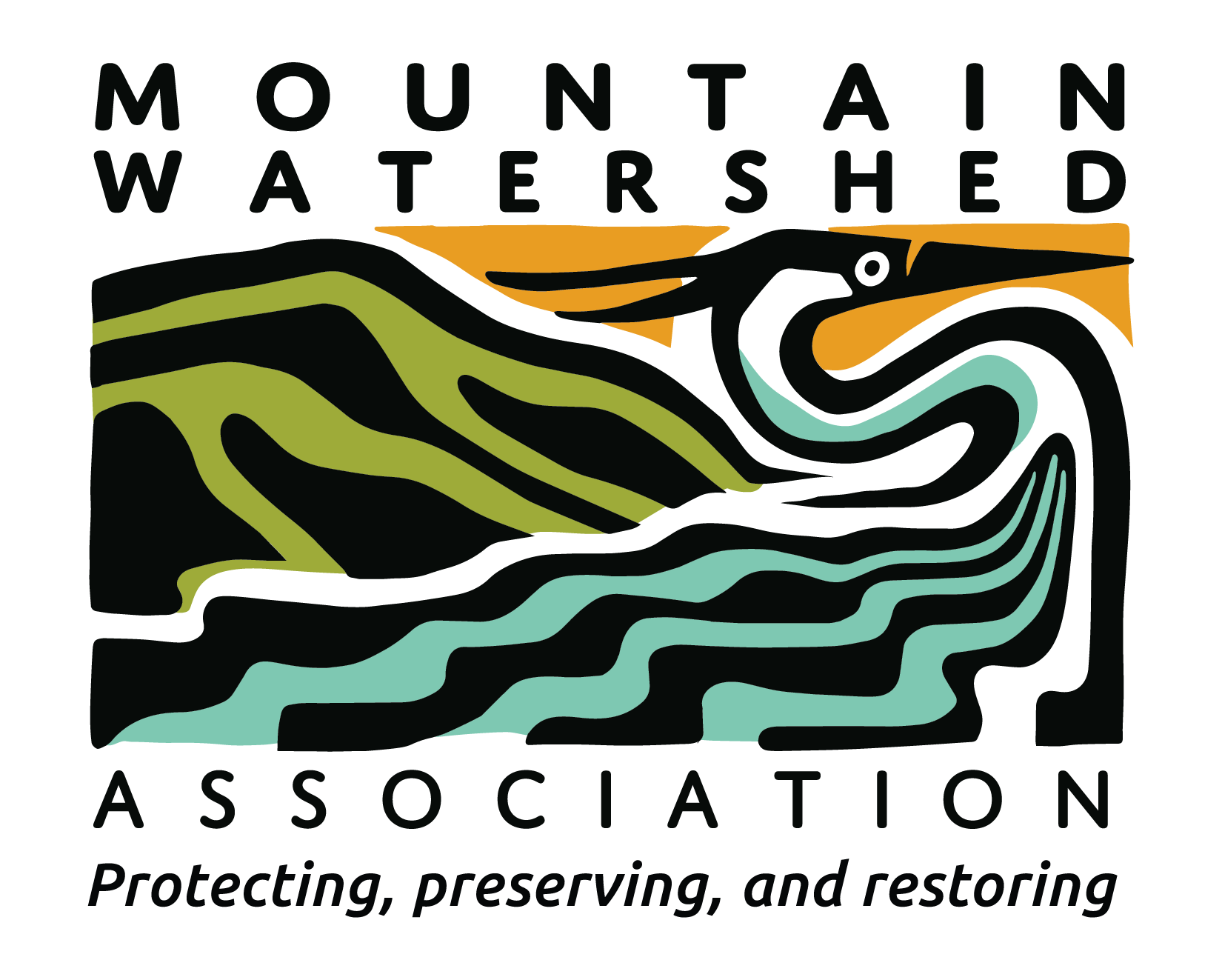
On August 28 at 6:00 pm at Saint Raymond of the Mountains Church in Donegal, members of the Pennsylvania Department of Environmental Protection (DEP) California District Mining Office will hear comments from residents and property owners about the renewal for LCT Energy’s Rustic Ridge I Deep Mine NPDES (discharge) Permit.
MEETING DETAILS:
- DEP Public Hearing: August 28 at 6:00 pm
- St. Raymond of the Mountains Church
- 164 School House Ln, Donegal, PA
Show Community Support! When many people from the community give testimony, it shows the DEP that there is significant public interest and concern. This can lead to more thorough reviews better protections for you and the environment Join this meeting to voice your concerns to PA DEP about clean, swimmable, drinkable, fishable water!
Members of the public will have the opportunity to present up to three minutes of oral testimony relevant to the draft permit.
Those wishing to register for the public hearing must contact Lauren Camarda by email at lcamarda@pa.gov or by calling 412-442-4203 at least 24 hours before the hearing.
DEP requests that organizations designate one spokesperson to present testimony on their behalf. Individuals providing testimony are requested to submit a written copy of their verbal testimony by e-mail to Lori Jenkins, lorjenkins@pa.gov, after providing testimony at the hearing.
Written comments will be accepted until close of business on September 2, 2024. Individuals wishing to attend who require an auxiliary aid, service or other accommodation to participate should contact Lauren Camarda at 412-442-4203. The Pennsylvania Hamilton Relay Service is available by calling 1-800-654-5984 (TTD users) or 1-800-654-5988 (voice users) and request that the call be relayed to Lauren Camarda at the previously listed number.
What’s a NPDES Permit?
A NPDES permit is required for any point source discharges of water pollution. This permit dictates the extent of pollution allowed from mining operations. If you value clean streams and rivers, a healthy ecosystem, and the work that has been done to remediate historical pollution, you should weigh in on this permit!
Read on to learn more about our concerns about the permit renewal, and find out how to give your comment to DEP.
MWA’s concerns on the Rustic Ridge I NPDES Draft Permit:
- Unlimited Discharge into Champion Creek
- Old Permit: Had flow limits for discharge into Champion Creek.
- MWA Appeal: Led to stricter flow limits.
- New Draft Permit: No flow limits for three discharge points, risking constant flooding of Champion Creek.
- Proposed Expansion Has Been Overlooked
- Current Permit: Covers 2,800+ acres, not the proposed 1,400-acre expansion.
- Issue: Water discharge calculations ignore additional mine water from the expansion. Future discharge limits would still be based on the initial 2,800+ acres, even if the expansion is approved.
- Significant Environmental Impacts
- Flooding Risk: Unlimited flow could destroy aquatic habitats and wildlife.
- Creek Bed Erosion: Increased water erodes banks and sediment layers, harming species and altering the creek’s ecosystem.
- Constant High Water Levels: Prevents equilibrium, disrupting aquatic organisms and fish communities due to sedimentation and erosion.
- Questionable Data
- Draft Permit Claim: Champion Creek runs dry during low-flow periods.
- MWA and Community Findings: No historical evidence of Champion Creek running dry.
- Water Quality Concerns
- Mine Water: During low-flow periods, Champion Creek would consist of 97% mine water, which is of lower quality, despite treatment.
- Heavy Metals: Champion Creek, already impaired by acid mine drainage, would see increased heavy metal concentrations, undermining cleanup efforts.
- Iron and Manganese: Approved discharge concentrations are double the protective levels specified by the Pennsylvania Code.
- Selenium Reporting: Current reporting limits are too high. One is 3 times higher than safe levels, posing a threat to fish and aquatic life.
- Need for Discharge Limits
- Current Measures: Reporting requirement for selenium is insufficient.
- Necessary Action: An actual limit on selenium discharge is crucial to protect aquatic life.
Public Participation in the NPDES Permit Process:
- Why is there a hearing?
- Clean Water Act: Congress mandates public participation in environmental decisions (33 U.S.C. § 1251(e)).
- Public hearings are held if there is significant public interest in a permit.
- DEP must consider and respond to your comments.
- What happens in Public Hearings?
- Opportunity to present oral and written comments, meet agency employees, and establish future communication.
- Public information, such as your hearing comments, can be used to make changes to the permit, or possibly reject it altogether.
- Why should you participate?
- Your input can influence permit outcomes, ensure compliance with legal standards, address past compliance issues, or protect personal or organizational interests.
- Comments also provide grounds for appeal if your concerns are not addressed.
- How to Participate Effectively:
- Join our Prep-Meeting – Before The Formal Hearing
- Learn how to organize, prioritize, and present your thoughts in the way that best ensures they are taken seriously by decision-makers at the hearing.
- Learn from Experts: The pre-meeting will feature experts who can provide valuable insights and advice on how to make your testimony as impactful as possible.
- Date & Time: August 8 at 6:30 pm
- Location: St. Raymond of the Mountains Church, 164 School House Ln, Donegal, PA
- Join our Prep-Meeting – Before The Formal Hearing

